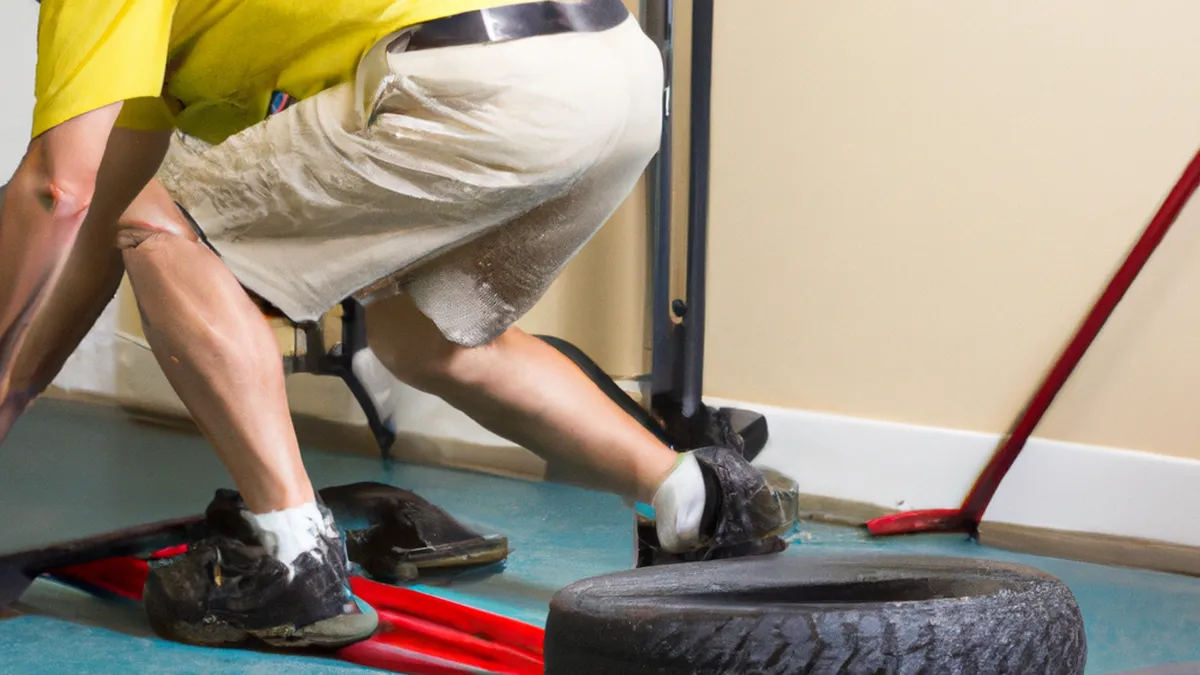Beyond Hormones: Menopause and Bone Density
Understanding the Impact of Menopause on Bone Density
As an Amazon Associate I earn from qualifying purchases.
Gear tip: consider hand grip strengthener, light resistance bands and affects to support this workout.
Menopause marks a significant life transition for women. It ends menstrual cycles and triggers various physical and emotional changes. One major concern is bone density. As estrogen levels drop, the body struggles to maintain strong bones. Understanding this impact helps maintain bone health during and after menopause. It can prevent osteoporosis and fractures, which affect quality of life.
How Menopause Affects Bone Density
During menopause, women produce less estrogen, a hormone crucial for bone health. Estrogen regulates bone remodeling, where old bone tissue gets replaced with new. This balance maintains bone density. When estrogen levels fall, bone resorption increases while bone formation decreases. This imbalance causes significant bone density loss.
Research shows women can lose up to 20% of bone density in the first five to seven years after menopause. This rapid decline raises the risk of osteoporosis, characterized by brittle bones. Fractures can occur even with minimal trauma, commonly in the hip, spine, and wrist. Fracture risks can lead to complications that severely impact overall health and independence. Thus, understanding these changes is essential for proactive bone health management.
Tips for Maintaining Bone Health
You can maintain bone health during menopause with simple lifestyle changes. Incorporate the following tips into your daily routine for better bone density.
1. Increase Calcium Intake
Calcium supports bone health. Aim for a daily intake of 1,200 mg, especially for women over 50. Include calcium-rich foods like dairy products, leafy greens, and fortified foods. If dietary sources fall short, consider calcium supplements after consulting a healthcare provider.
2. Get Enough Vitamin D
Vitamin D aids calcium absorption. Without adequate vitamin D, the body struggles to utilize calcium, essential for bone health. Aim for at least 600 to 800 IU of vitamin D daily. Spend time outdoors to get natural sunlight exposure. Additionally, eat foods like fatty fish, egg yolks, and fortified cereals. Supplements may also help, especially in winter or for those with limited sun exposure.
3. Engage in Weight-Bearing Exercises
Physical activity is vital for maintaining bone density. Weight-bearing exercises strengthen bones by forcing them to work against gravity. Activities like walking, jogging, dancing, and hiking offer great benefits. Aim for at least 30 minutes of exercise daily.
Conclusion
Understanding menopause’s impact on bone density is crucial. Implementing lifestyle changes can significantly improve bone health during this transition.
Below are related products based on this post:
FAQ
How does menopause affect bone density in women?
During menopause, the production of estrogen decreases significantly. Estrogen is essential for regulating bone remodeling, which maintains bone density. The drop in estrogen levels leads to increased bone resorption and decreased bone formation, resulting in a significant loss of bone density. Women can lose up to 20% of their bone density in the first five to seven years after menopause, raising the risk of osteoporosis and fractures.
What are some effective ways to maintain bone health during menopause?
To maintain bone health during menopause, women can adopt several lifestyle changes. Key recommendations include increasing calcium intake to about 1,200 mg daily through calcium-rich foods or supplements, ensuring adequate vitamin D intake (600 to 800 IU daily) for better calcium absorption, and engaging in weight-bearing exercises for at least 30 minutes each day to strengthen bones.
Why is it important to manage bone health during and after menopause?
Managing bone health during and after menopause is crucial because the loss of bone density can lead to osteoporosis, characterized by brittle bones that increase the risk of fractures. Fractures, especially in the hip, spine, and wrist, can significantly impact a person’s quality of life and independence. Understanding these changes and taking proactive steps can help prevent complications associated with decreased bone density.















Post Comment